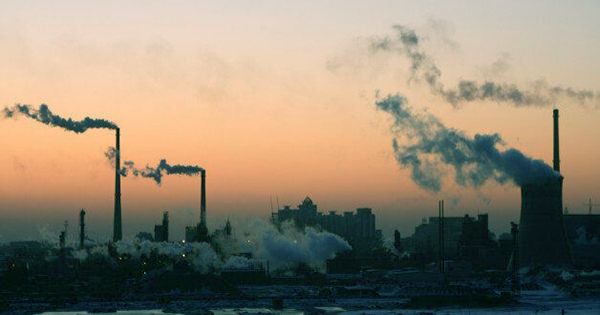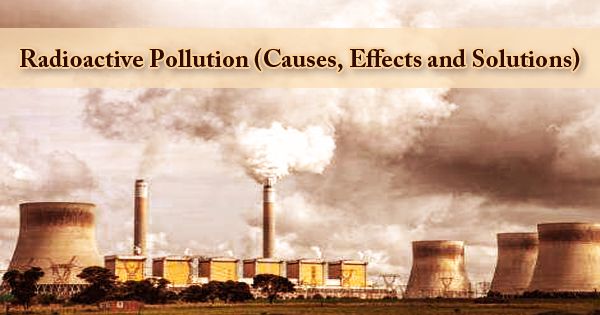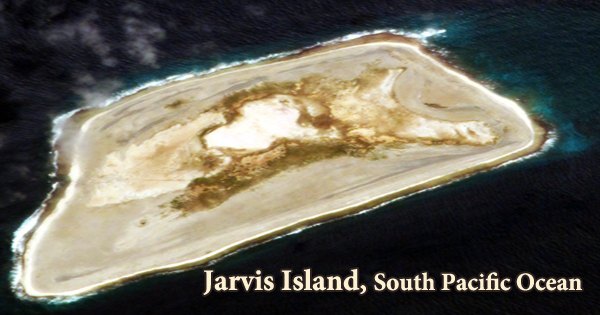A French court has ruled that a person could be deported for reasons of poor health and low air quality in the country of his birth. Although the ruling is considered the first for the country, environmental concerns have become a growing commonplace in global migration as the climate crisis continues. Info Migrants reports that a 40-year-old Bangladeshi living in the French city of Toulouse suffers from severe asthma and refused to renew his residence permit in June 2019 at the risk of deportation to his home country. However, the appellate court of the Bordeaux Administrative Court granted the man foreign status on 16 December, citing Bangladesh’s respiratory health and low air quality.
The petition explains that the unnamed person suffers from severe asthma, which requires extensive medication and treatment. Her health condition has also led to severe sleep apnea, requiring her to sleep with special ventilation equipment every night. Since this ventilation equipment is not widely available in Bangladesh, the court said he was allowed to stay in France; For the first time in a French court this decision has been granted on environmental grounds as the main criterion.
Ludovic Rivière, the anonymous man’s lawyer, told the Guardian, “As far as I know, this is the first time a French court has applied the environment as one of the criteria in its case.” “It has been decided that my client’s life will be endangered due to air quality in Bangladesh.” Bangladesh is regularly identified as the most polluted country in the world in terms of air pollution (PM2.5) exposure. PM2.5 is a term used to describe extremely small particles and liquid droplets in the atmosphere such as dust, glass, and vehicle emissions or as part of industrial activity.
Most of these bad things involve respiratory health complications, especially cardiovascular problems. Microscopic particles can accumulate in the lungs to potentially penetrate the bloodstream to spread asthma attacks and other respiratory effects. Data from the World Health Organization shows that in 2012, there were about 349,663 premature deaths due to air pollution in Bangladesh. In fact, in this recent court case, the man’s father died of a 54-year-old asthma attack. As the planet’s natural environment continues to deteriorate around the world, we could put more pressure on human health worldwide – and see growing legal challenges and political issues in our efforts to address them. The UK recently saw a landmark legal case where a 9-year-old teenager from London became the first person in the country to be recognized as a contributor to air pollution as the cause of her death.
The number of people displaced by environmental degradation or destruction, environmental migrants, and people known as ecologically displaced people is starting to see a significant increase in the world. The situation is only going to get worse as climate change increases the risk of the water crisis, crop failure, sea-level rise, storm surge, and other natural disasters. The World Bank believes that climate change could force more than 143 million people in sub-Saharan Africa, Latin America, and South Asia to seek refuge in the next three decades. One report even suggested that there could be about 2 billion displaced people fleeing climate threats by the end of the century.
















